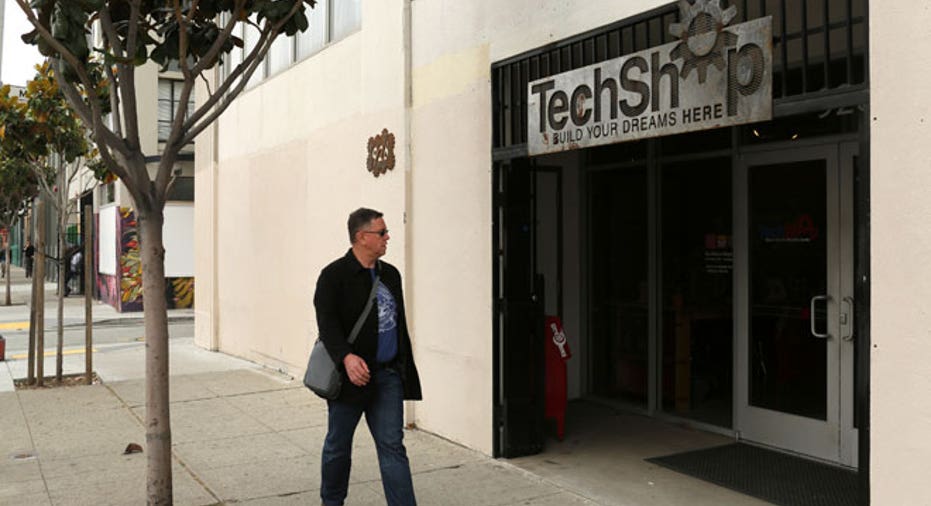A Potential Warning Sign for Investors in Tech Startups

These days in Silicon Valley, venture capitalists appear to be valuing companies in only one direction: up. Two companies may soon break that pattern when they go public, a warning sign for investors in sizzling startups.
App-analytics firm New Relic Inc. and data-crunching software company Hortonworks Inc. this week proposed to sell shares to the public at a 25% to 50% discount to the roughly $1 billion valuations that some venture-capital firms and big mutual funds paid earlier this year.
Bankers for Hortonworks and New Relic could be proposing conservative initial public prices to entice investors. The target prices for IPO shares often are revised higher as bankers get a better sense of demand.
Still, if the IPOs do value New Relic and Hortonworks well below their private-market valuations, it could fan worries that such valuations have gotten out of whack with public markets.
Beyond Uber Technologies Inc. and its near-record $41 billion valuation, other tech startups such as software provider Dropbox Inc. and data-mining startup Palantir Inc. have also attracted multibillion price tags in a relatively short period. Venture-capital firms, hedge funds and mutual funds have plowed billions of dollars into those companies on the expectations they will continue to soar in value.
There are now at least 48 private U.S. companies valued at $1 billion or more by venture-capital firms, versus 27 at the start of the year, according to Dow Jones VentureSource. That is a record number--during the height of the dot-com boom in 2000, there were 10 such companies.
Until this week, both New Relic and Hortonworks were on that list. But now those companies and their bankers need to reflect lower public-market valuations in their shares.
So far in 2014, at least 30 companies have gone public in the U.S. with lower prices than they were worth in private stock sales or option grants in the prior 90 days, according to Valuation Advisors LLC, which conducts valuations for private companies. That compares with 10 such companies last year.
"When it comes to riskier assets, as the economy improves, [investors are] willing to take on more risks," said Valuation Advisors President Brian Pearson. "To the extent people view tech companies as higher risk, higher reward-type companies, that's what's driving private valuations."
Some investors and bankers say valuations of tech startups continued inflating this spring even as the stock prices of some fast-growing and richly valued public tech companies took a dive. The market correction battered valuations for public companies in similar sectors as Hortonworks and New Relic, which means the IPO prices are now being set in line with those lower valuations, according to people familiar with the matter
"Any disconnect between private and public market valuations is ephemeral, and corrects very quickly," said David Weild, chairman and CEO of investment bank IssuWorks Inc. and a former vice chairman of the Nasdaq Stock Market. "Markets are ultimately very rational."
The potentially depressed valuations for Hortonworks and New Relic could be specific to their financial makeup. Both companies employ large sales forces that have contributed to swelling losses, while their annual revenue is under the $100 million threshold that bankers have typically set as IPO-ready.
Hortonworks had just $33.4 million in revenue for the nine months ended Sept. 30. That doubled last year's mark but wasn't enough to outweigh expenses, which led to a nearly doubling of its loss to $86.7 million.
The company announced in March that it had raised $100 million at a valuation over $1 billion, just one day after another business software company with a high-cost business model, Box Inc., publicly filed for its IPO. The company decided to delay its IPO as market conditions deteriorated.
An index of public cloud-computing stocks--which includes companies such as Salesforce.com Inc. and Workday Inc. and is tracked by Bessemer Venture Partners--fell more than 5% from a peak in February to mid-November. The median enterprise value of the 38 companies in this index fell to 4.9 times next year's expected revenue from 6.4 times over that time period, according to Bessemer.
Hortonworks' funding round in March and July valued the shares at $12.19 each, putting the company's valuation above $1 billion. Last week, Hortonworks conducted a 1-for-2 reverse stock split that effectively raised the share price to $24.37. Bankers then set the proposed IPO price range at $12 to $14 a share, which cut its valuation nearly in half to about $540 million, excluding stock grants.
New Relic said investors bought company stock in an April private investment round at about $27.97 a share, or a valuation of more than $1.1 billion, according to an IPO filing Monday. Currently the San Francisco-based company proposes to sell its IPO shares at $18 to $20 each, valuing the company at as high as $740 million excluding stock awards.
New Relic and Hortonworks had two of the same lead investors in their most recent private investment rounds: funds managed by BlackRock and Passport Capital. Mutual fund giants T. Rowe Price and Wellington Management also invested in New Relic's private stock sale announced in April.
Representatives for Passport Capital, T. Rowe Price and Wellington declined to comment. BlackRock didn't respond to requests for comment.
San Francisco based Passport has some protection from any gap between Hortonworks' IPO shares price and what the firm paid for Hortonworks stock earlier this year. Under a stock agreement amended this week, funds affiliated with Passport will buy about 487,000 Hortonworks shares at the same price as the IPO shares.



















